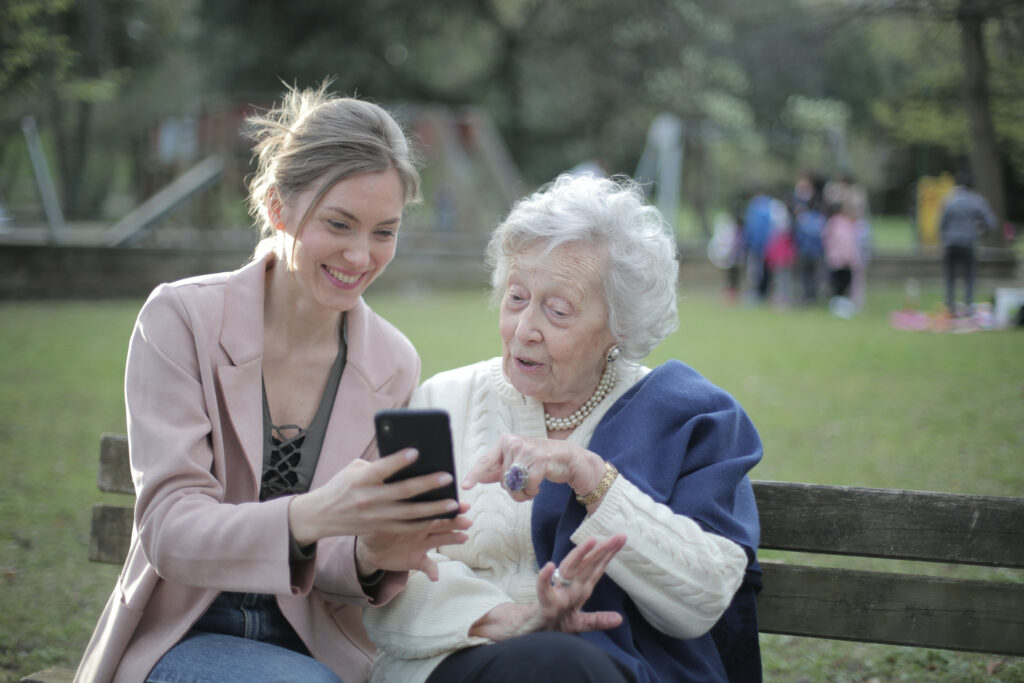New research from a nationwide survey of about 6 million Americans aged 65 and older shows that 91% of people with cognitive impairment consistent with dementia didn’t have a formal medical diagnosis of dementia or Alzheimer’s disease.
HealthDay News’ recent article entitled “Most cases of dementia in U.S. seniors go undiagnosed, study says” reports that when other people — generally, family members — responded to the survey, the rate fell to around 75%, which is still significant. That’s according to the study’s co-author Sheria Robinson-Lane, a gerontologist at the University of Michigan School of Nursing, in Ann Arbor.
Rates of non-diagnosis varied by race, gender and education. As an example, Black seniors had a higher rate (93%) than other racial groups, according to the report published in the Journal of Alzheimer’s Disease.
“There is a large disparity in dementia-related treatment and diagnosis among Black older adults, who are often diagnosed much later in the disease trajectory compared to other racial and ethnic groups,” Robinson-Lane said in a university news release.
Men, at 99.7%, were more likely to report no diagnosis than women (90.2%). In addition, those who didn’t graduate from high school had a higher estimated rate (93.5%) than those with at least a high school education (91%), the findings showed.
Higher education is often linked to greater wealth and more access to resources that affect both dementia risk and disease progression, Robinson-Lane said. There’s also evidence that education level may affect results on thinking and memory — “cognitive” — tests.
Robinson-Lane commented that the findings are particularly relevant now because people with dementia have higher risk for COVID-19 hospitalization and death.
COVID-19 also causes long-lasting neurological impacts in some individuals—perhaps increasing their dementia risk. Dementia screening also isn’t a routine part of annual well visits for older adults.
“Now more than ever, these routine screenings and assessments are really critical,” Robinson-Lane said. “I think it’s particularly important to have some baseline information available to providers of patients over 65.”
Co-author Ryan McGrath, an assistant professor of health, nutrition and exercise sciences at North Dakota State University in Fargo, said evaluating seniors’ thinking skills is critical.
“We recommend that health care providers screen for low cognitive functioning during routine health assessments, when possible,” McGrath said. “A telemedicine option may reduce clinic time and expand reach.”
If you know a senior who is cognitively impaired and perhaps in need of a guardianship or other legal assitance, please schedule a free consultation with attorney Trey Stegall today.
Reference: HealthDay News (June 29, 2021) “Most cases of dementia in U.S. seniors go undiagnosed, study says”

